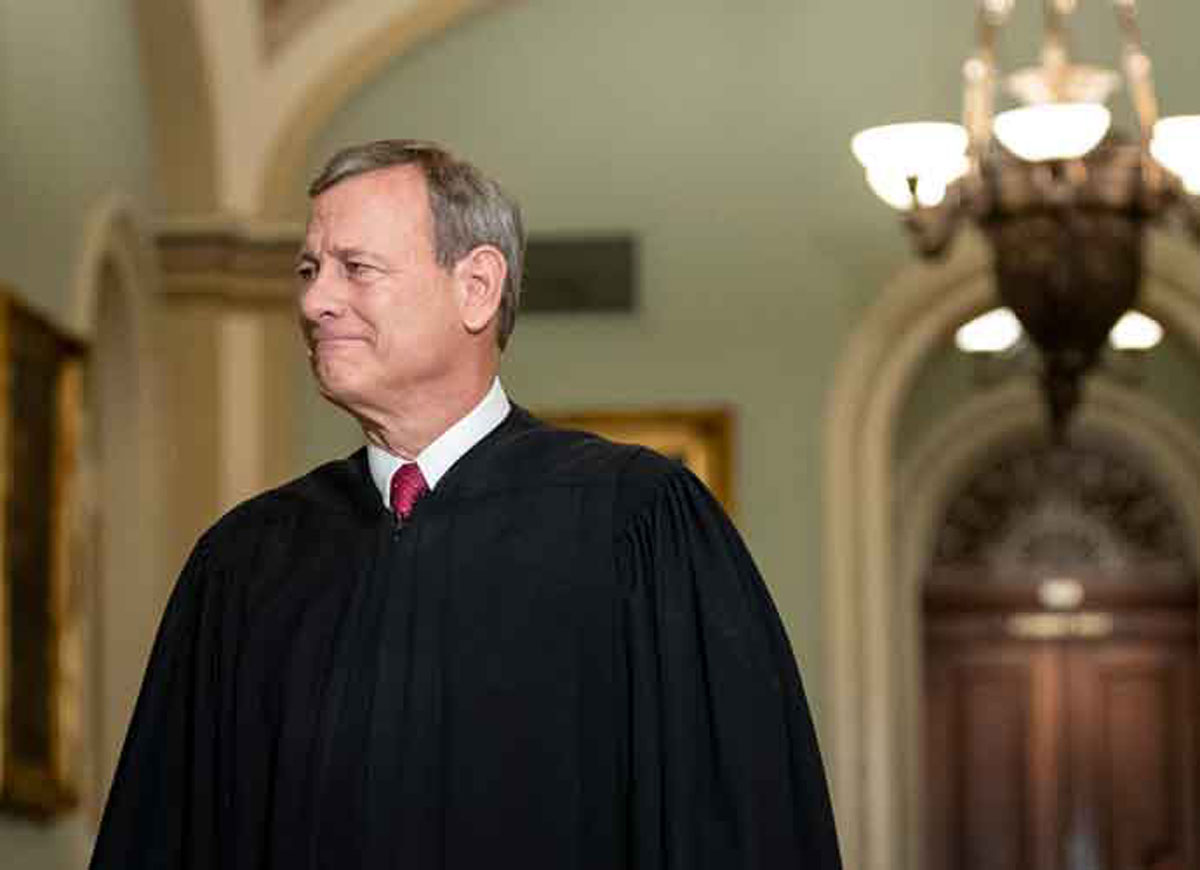Supreme Court Denies Trump Administration’s Request To Block Ruling Requiring Government To Unfreeze Foreign Aid
On Wednesday, the Supreme Court rejected the Trump administration’s request to withhold $2 billion in payments to foreign aid organizations. The high court split 5-4 in denying the request, with Chief Justice John G. Roberts Jr. and Justice Amy Coney Barrett joining the three liberal members to form a majority.
The Trump administration sought emergency relief at the high court last week after US District Judge Amir Ali issued a series of rulings demanding the government unfreeze funds, which President Donald Trump put on hold with an executive order. The government said it was unable to comply with Ali’s order earlier this week that the $2 billion in payments be made by last Wednesday night.
Trump and DOGE head Elon Musk have aggressively reduced the federal government’s size, with USAID one of the major targets. The administration has made efforts to review all of USAID’s current spending, confirming a decision to cut thousands of programs worth up to $60 billion.
A group of nonprofits and businesses that receive foreign aid funding sued to lift Trump’s 90-day pause on foreign assistance. They argued that the freeze was an unconstitutional exercise of presidential power. Last month, the judge temporarily barred the administration from pausing the foreign assistance funding.
Subscribe to our free weekly newsletter!
A week of political news in your in-box.
We find the news you need to know, so you don't have to.
The State Department and USAID contractors said last week that they were still not receiving the money they were owed. Ali then issued an order requiring the Trump administration to comply with his earlier Feb. 13 directive and pay all invoices and funding requests on contracts, grants and other agreements for work finished before that date by 11:59 p.m. on Feb. 26.
The Supreme Court said Ali “should clarify what obligations the government must fulfill” to comply with a temporary restraining order issued Feb. 13.
Specific projects affected by the payment freeze include the installation of new irrigation and water pumping stations in Ukraine; waterworks upgrades in Lagos, Nigeria; the supply of medical equipment in Vietnam and Nepal; and measures to combat malaria in Kenya, Uganda, Ghana and Ethiopia.
Justice Samuel A. Alito Jr. wrote for the dissenting justices and said that the majority is off course. In his dissenting opinion, Alito asked, “Does a single district-court judge who likely lacks jurisdiction have the unchecked power to compel the government of the United States to pay out (and probably lose forever) two billion taxpayer dollars?”
“The answer to that question should be an emphatic ‘No,’ but a majority of this court apparently thinks otherwise. I am stunned,” the opinion read.
Get the most-revealing celebrity conversations with the uInterview podcast!






Leave a comment